First described by Smith et al., SMS is a complex neurobehavioural disorder caused by either a 17p11.2 deletion, encompassing the retinoic acid-induced 1 (RAI1) gene, or a mutation of RAI1.
Approximately 90% of SMS cases have a 17p11.2 microdeletion, while the remaining 10% have a mutation in RAI1. Most SMS features are due to RAI1 haploinsufficiency, while the variability and severity of the disorder are modified by other genes in the 17p11.2 region.1
References:
1. Elsea, S.H. and Girirajan, S. 2008, ‘Smith-Magenis Syndrome’, European Journal of Human Genetics. Volume 16, 412 – 421
2. Williams, S.R. et. al. 2012. ‘Smith-Magenis Syndrome Results in Disruption of CLOCK Gene Transcription and Reveals an Inegral Role for RAI1 in the Maintenance of Circadian Rhythmicity’, The American Journal of Human Genetics. Volume 90, Issue 6, 941-949


